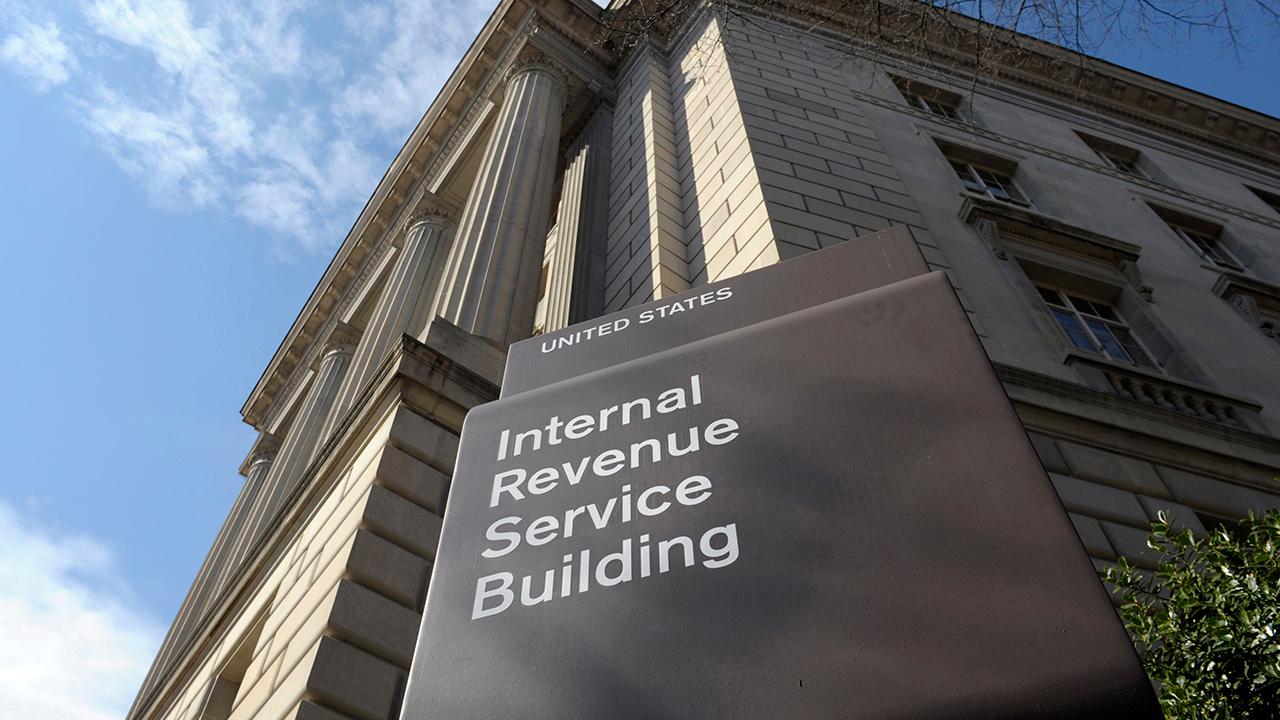Cheat on your taxes? Fewer Americans think you’re wrong
As fewer taxpayers were audited during fiscal 2018, according to IRS data, fewer Americans also think it is unacceptable to fudge their taxes a bit.
The IRS recently released its Comprehensive Taxpayer Attitude Survey – from fiscal 2018 – which found that the number of Americans who think it is “not at all acceptable” to cheat on income taxes fell to 85 percent, down from 88 percent the year before. Ten percent of people said cheating “a little here and there” is okay, up one percentage point from the prior year.
Three percent of people said it’s okay to cheat “as much as possible.”
The number of people who think it is their obligation to report tax cheats has also been on the decline in recent years.
About 68 percent of people, however, “completely agree” that it is their civic duty to pay taxes, while 27 percent “mostly agree.” On the other hand, 5 percent of taxpayers said they either mostly disagree or completely disagree with that statement.
More than 2,000 taxpayers provided feedback to the IRS as the agency gathered data about taxpayers’ attitudes.
As previously reported by FOX Business, Americans admitted to cheating on their taxes using a variety of tactics, including just not paying, getting creative with deductions and fudging postmarks.
Meanwhile, in fiscal 2018 the IRS audited 0.59 percent of individual tax returns, or about 892,000 returns. That is less than the year prior, when the rate hit 0.62 percent and audits were at their lowest level since 2002. Fiscal 2018 marks the seventh consecutive year of declining audits.
Audit rates for high-income earners (with adjusted gross income exceeding $10 million) fell to 6.66 percent, from more than 14 percent the year prior. That is the lowest level since at least 2008, when the tax agency began reporting the data.
CLICK HERE TO GET THE FOX BUSINESS APP
This comes as the IRS is combating a decline in resources. The agency’s budget fell by about $2.6 billion between fiscal 2011 through 2019. Its 2019 budget is smaller than its fiscal 2000 budget when inflation is factored in, the Government Accountability Office (GAO) wrote in a recent report. At the same time, staffing has been reduced by more than 20 percent over the same time period.
According to the GAO, the IRS staffing decline has impacted its decision to scale back activities, including tax return examinations – which not only reduces revenue collections but could also reduce voluntary compliance with the law.




















